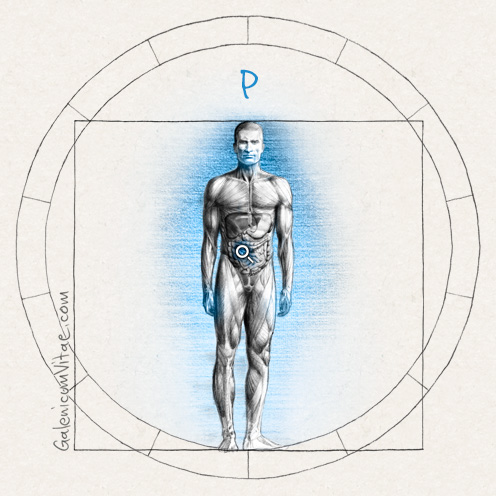Parasites are living beings that inhabit another body (the "host"), for food and a place to live.
Risk factors. They can be transmitted through contaminated food or water, an insect bite or sexual contact. Parasites range in size from tiny, single-celled organisms called protozoa, to worms that can be seen with the eye. Cats can transmit toxoplasmosis (dangerous for pregnant women). Others, such as malaria, are common in some parts of the world. Parasites can cause mild discomfort or can even be fatal.
Treatment. There are no vaccines for parasitic diseases, but there are medications for treatment.
Helminth are parasitic diseases in which a body part is infested with worms such as intestinal worms, tapeworms and roundworms (nematodes).
Trichinosis is caused by the ingestion of raw meat containing larvae of the nematode Trichinella.
Anisakis is an infestation caused by nematodes of the genus Anisakis. Consumption of uncooked fish in dishes such as ceviche, sushi or other methods of preparation that do not ensure that the larvae is deactivated (with vinegar, light salting, freezing or smoked) are a risk factor.
For more information visit:
Soil-transmitted helminth infections
http://www.who.int/mediacentre/factsheets/fs366/en/

 Digestive
Digestive  Blood
Blood Cardiovascular
Cardiovascular Dermatology
Dermatology Genitourinary,
Genitourinary, Hormones
Hormones Infections
Infections Oncology and
Oncology and Musculo-skeletal
Musculo-skeletal Mental health and
Mental health and Parasites
Parasites Respiratory
Respiratory Senses
Senses Various
Various




